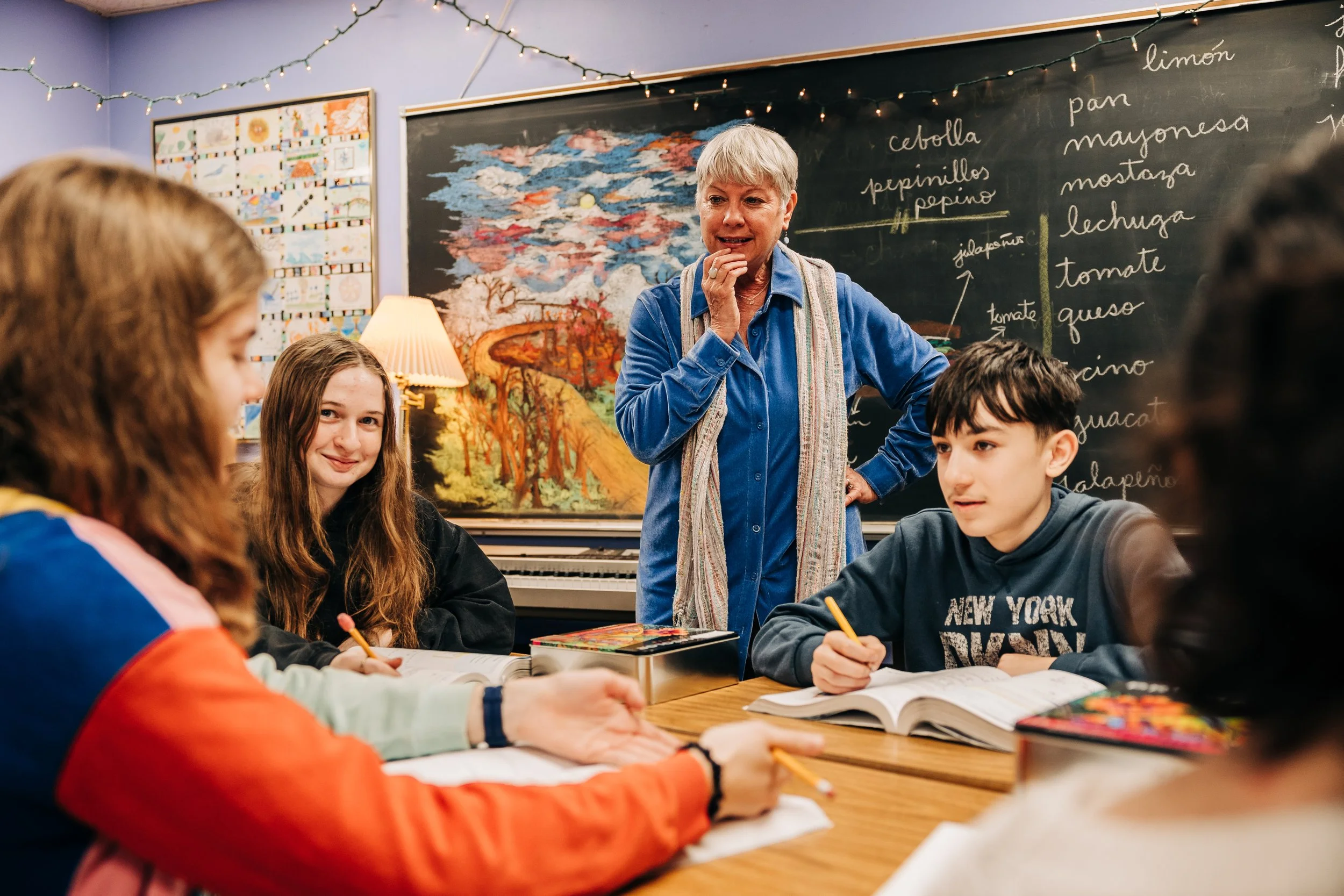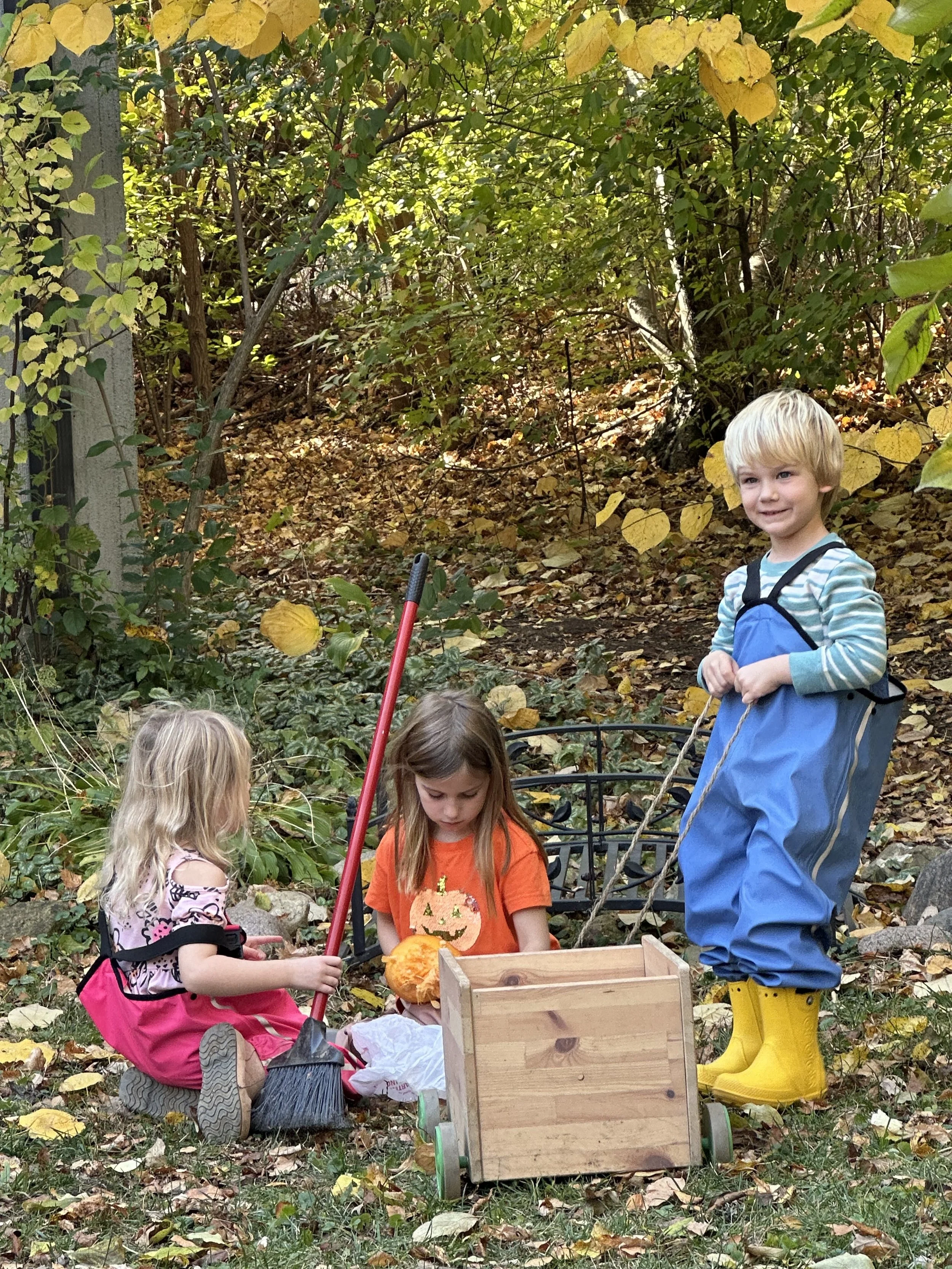The Windrose Journal
A Waldorf Blog
The Windrose Journal is a grounded, thoughtful space where stories, reflections, and insights from the Waldorf School of DuPage community come together—past, present, and future. Like a compass rose, it helps orient families, educators, and alumni as we navigate the evolving world of Waldorf education and child development. Here, you’ll find a meaningful blend of tradition and innovation, sharing voices that illuminate the heart of our school. Whether you're seeking inspiration, perspective, or connection, The Windrose Journal offers guidance rooted in experience and purpose.
You can explore posts by topic or simply scroll down to see our most recent content. Happy reading!
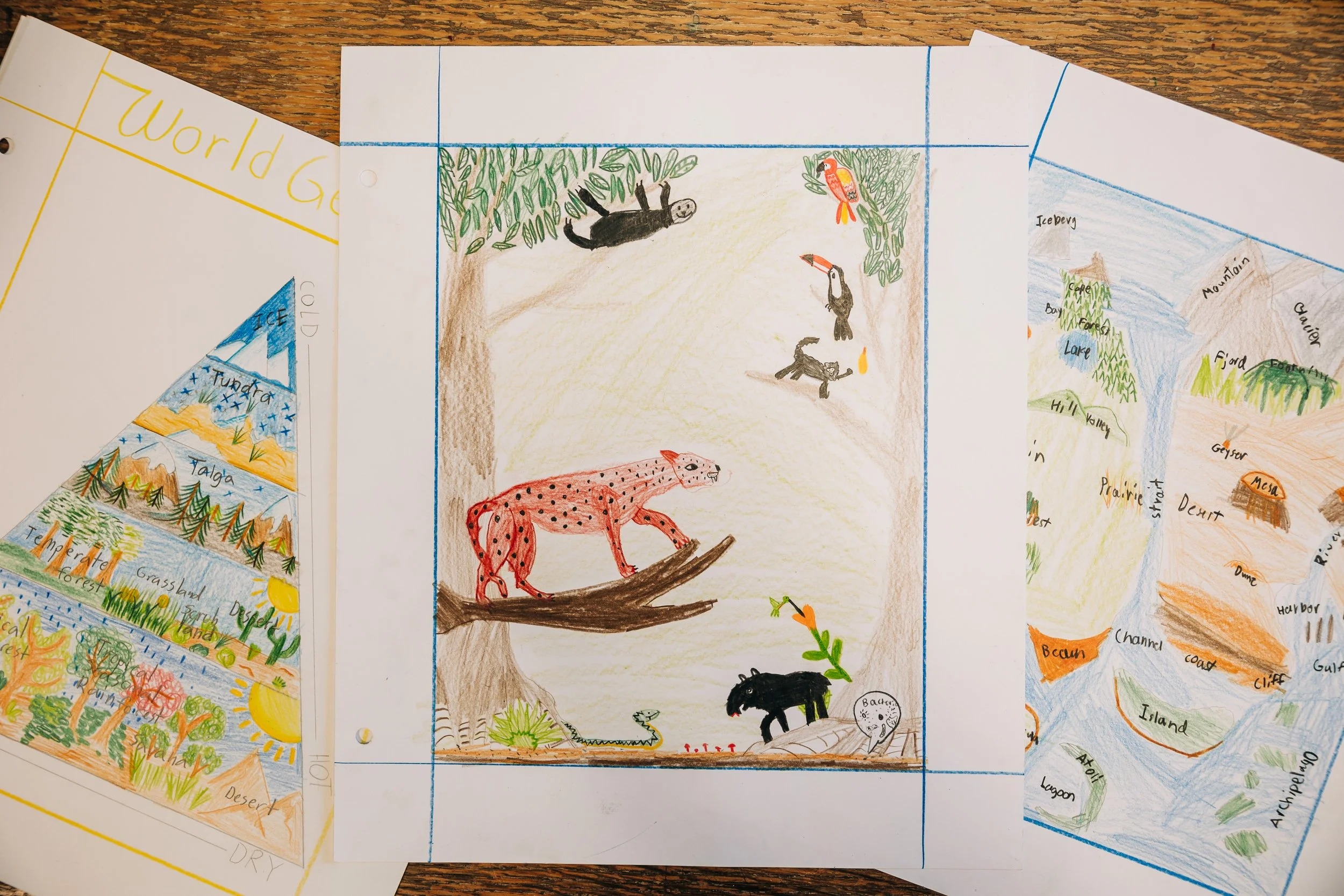
Why a Spiral Curriculum Matters for Your Child
Waldorf education uses a spiral curriculum, meaning children return to important ideas again and again as they grow; each time with deeper understanding. This developmentally informed approach supports confidence, curiosity, and lasting learning for children and families world-wide, including the Chicago suburbs.

Developmentally Appropriate Education Matters
Understanding what developmentally appropriate education looks like in the elementary years can make all the difference when choosing an educational path for your child. This post explores how honoring children’s natural growth in grades 1-5 supports academic success, emotional well-being, and a lifelong love of learning.
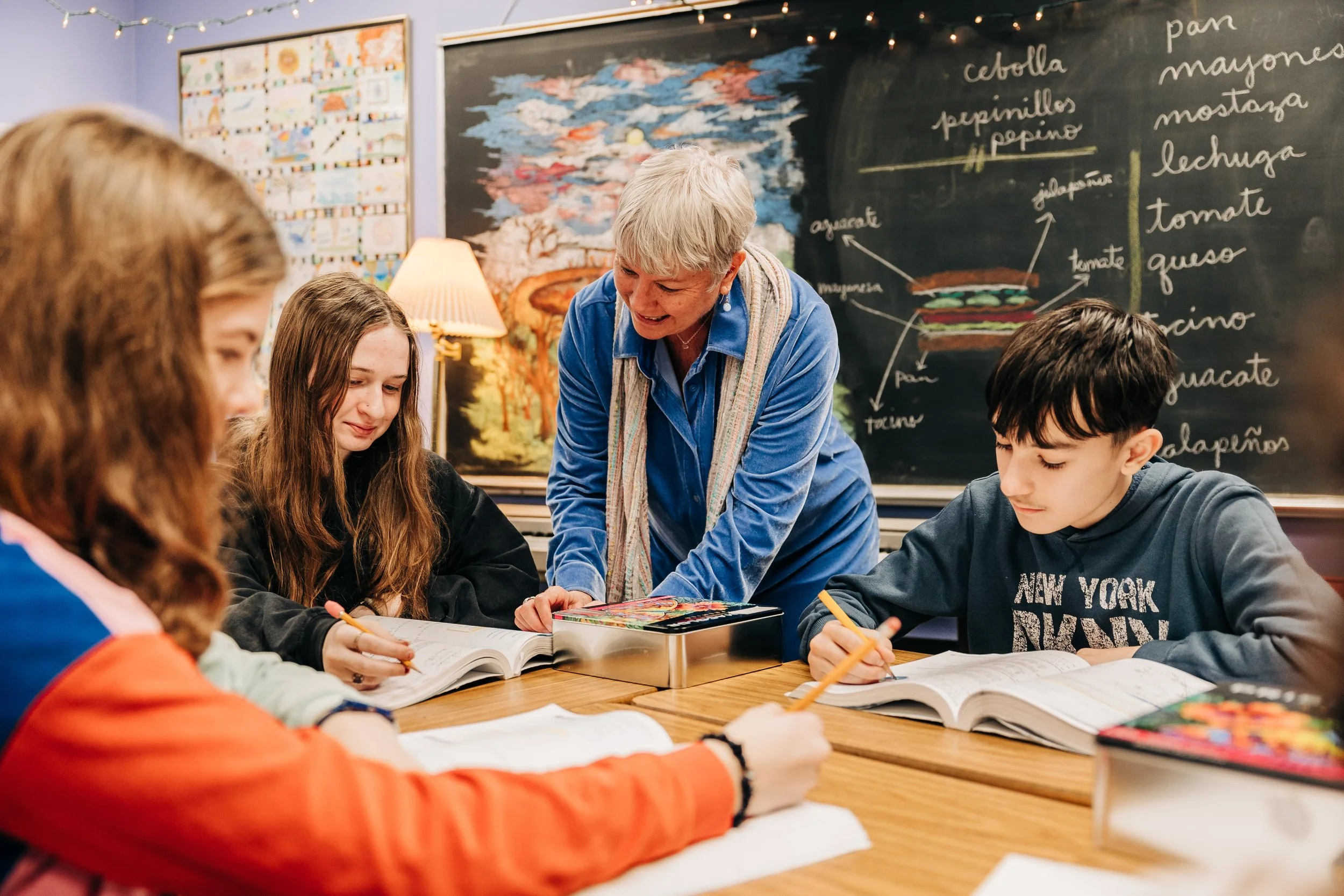
Developmentally Appropriate Education Supports Students Through Middle School (Grades 6–8)
Middle school is a time of rapid growth: academically, emotionally, and physically. For families in the Chicago suburbs, choosing the right educational environment for Grades 6–8 can shape a child’s confidence, curiosity, and readiness for high school. This post explores how developmentally appropriate education meets the unique needs of early adolescents and helps students thrive through the middle school years.
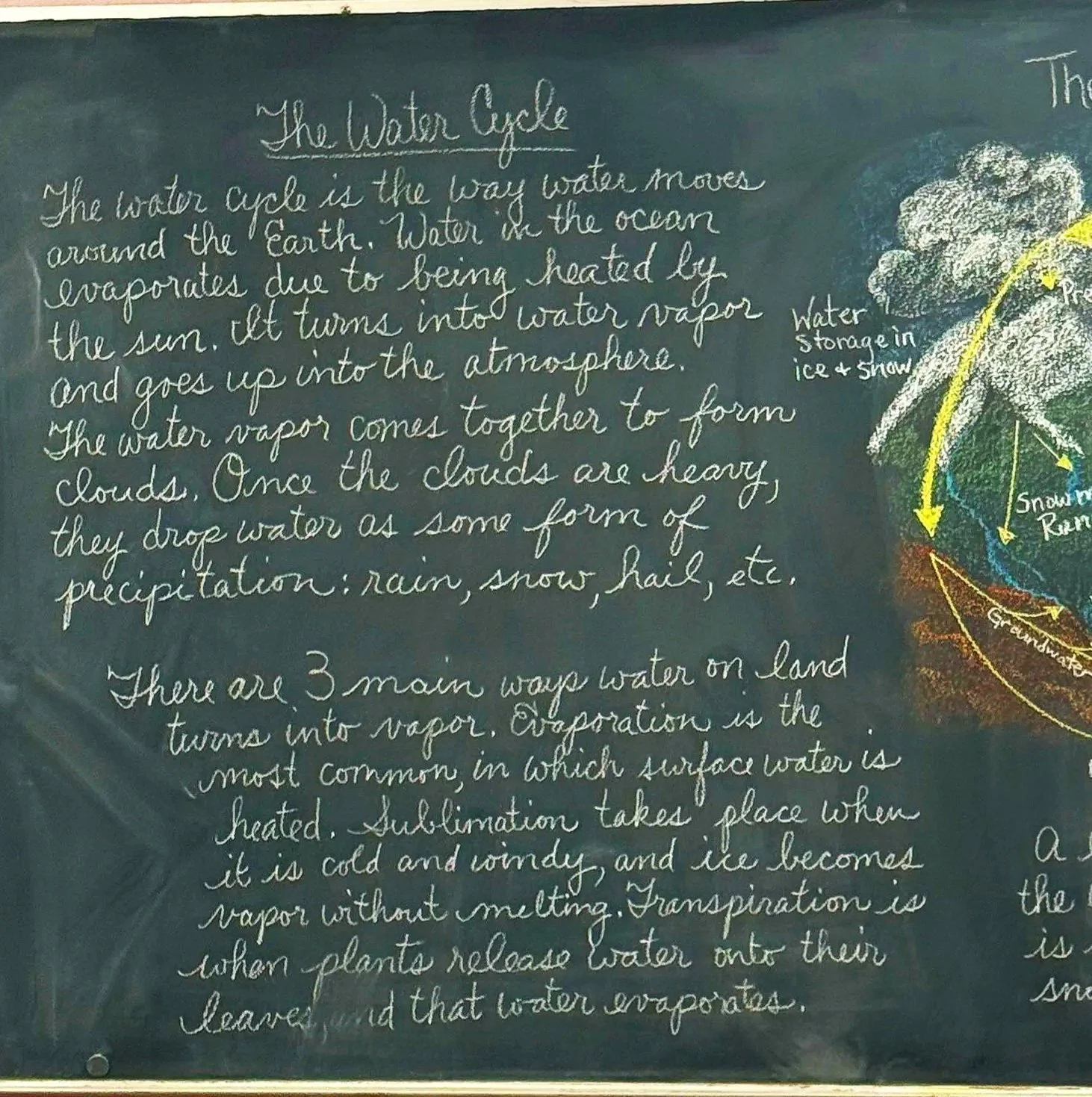
Why How Children Learn Matters More Than Ever
In a digital-first world, research shows that how children learn matters more than ever. Discover why handwriting, cursive, and a low-screen Waldorf education support deeper thinking, stronger literacy, and long-term academic success.

Main Lesson Books: Where Beauty Meets Deep Learning in Waldorf Education
Main Lesson Books serve as a dynamic record of each child’s academic journey. Rather than assessing learning solely through tests or quizzes, teachers can see how students internalize concepts through the work they produce. Every page offers insight into a child’s comprehension, reasoning, and ability to apply knowledge creatively.

Why We Chose Waldorf Education — An Open Letter
Waldorf schools often introduce academic content at a developmentally attuned pace, later in some areas than in many mainstream schools, but with much greater depth and integration.
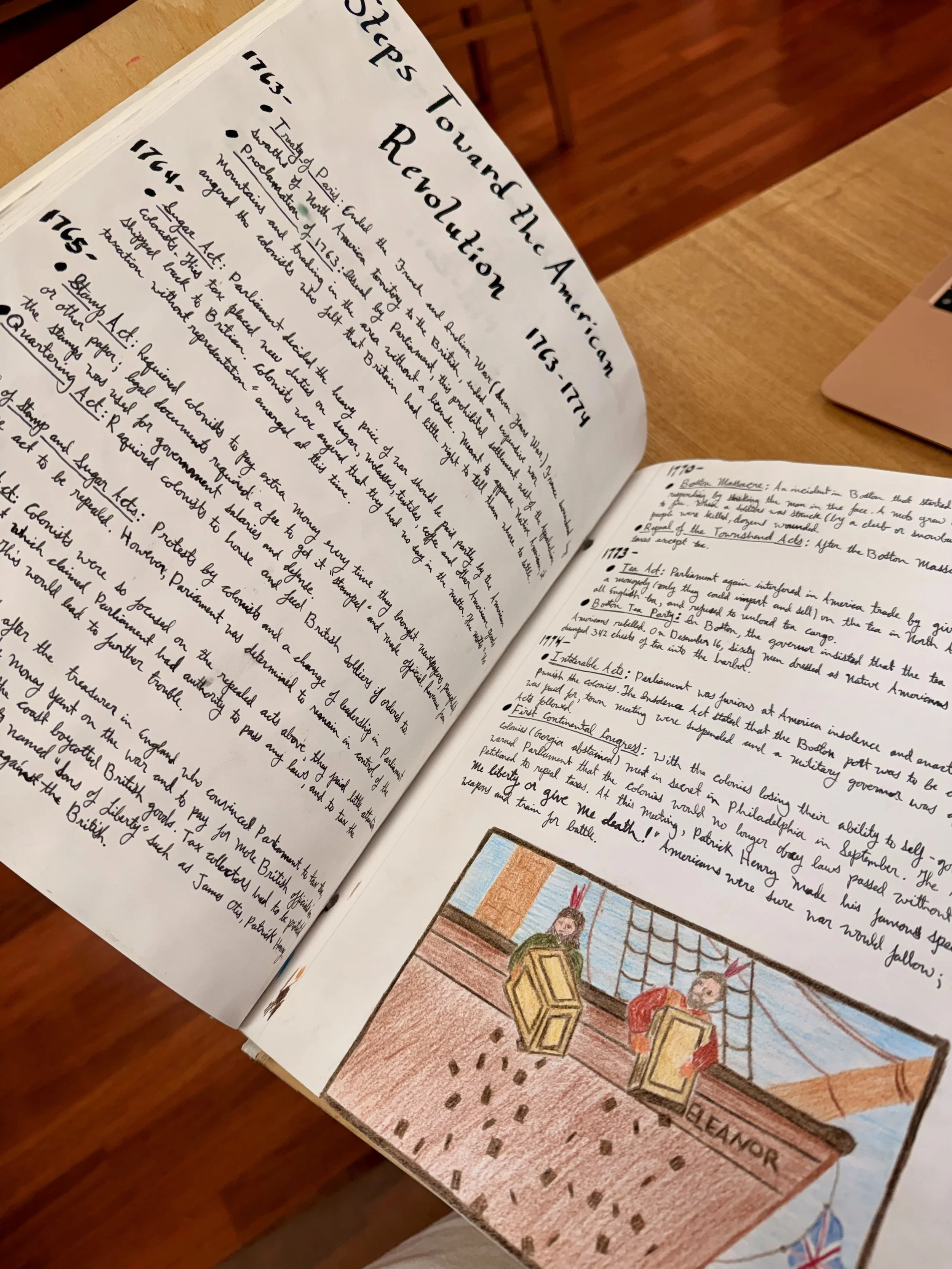
The Waldorf Approach to Homework: Creating Space for Balance and Connection
Our approach to homework is grounded in a deep respect for the meaningful, rigorous work students engage in throughout the school day. Waldorf classrooms are alive with focused academic learning, artistic expression, and hands-on discovery. Students work hard with deep thinking, solving problems, creating, and collaborating. Because the school day is so rich and intentional, we believe that evenings should offer a different kind of nourishment: time for rest, unstructured play, and meaningful connection at home.
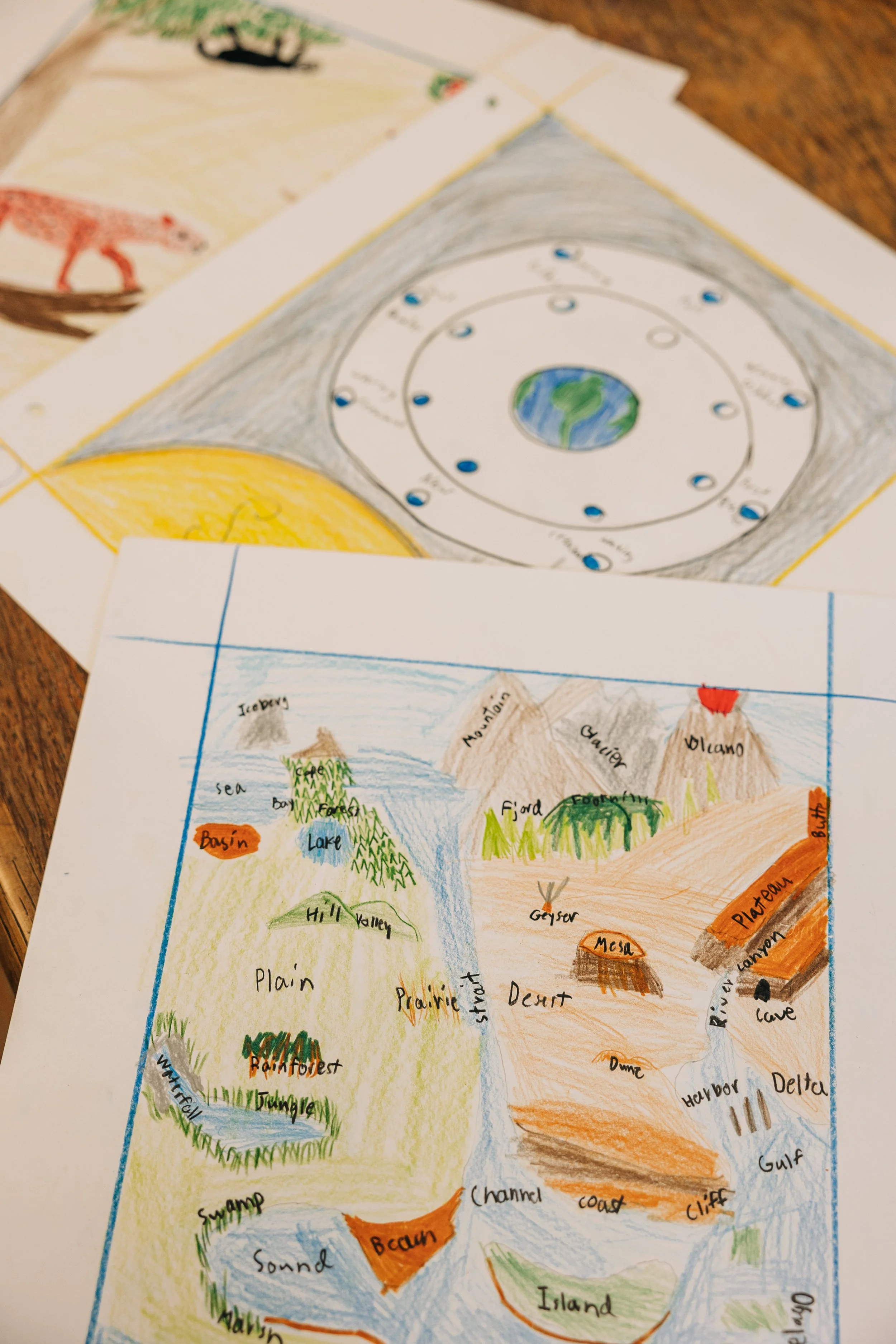
How Waldorf Teachers Assess Without Tests
In many educational systems, assessment boils down to answers: Was it right or wrong? In Waldorf education, teachers are interested in how a child is thinking. Did the child grasp the process behind the answer? Did they show perseverance? Are they developing creative or flexible thinking?
These are the qualities that fuel real-world success; and they don’t always show up on a test.
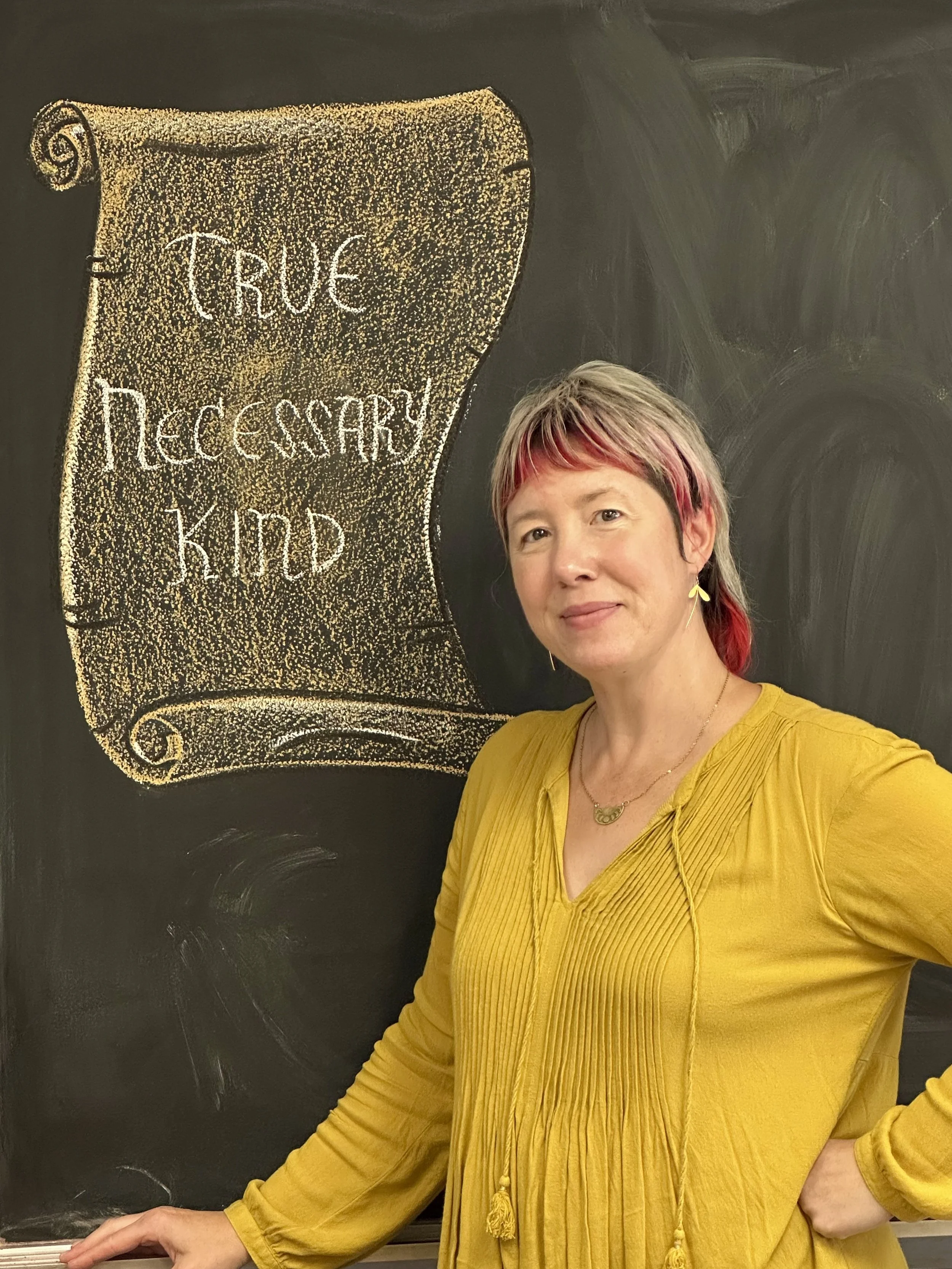
Handcrafted Learning: Waldorf Lessons are Built, Not Bought
In a world of scripted lesson plans, standardized tests, and pre-packaged curricula, it can be surprising to learn that Waldorf teachers build their lessons from scratch. But that’s exactly what makes Waldorf education feel so alive.
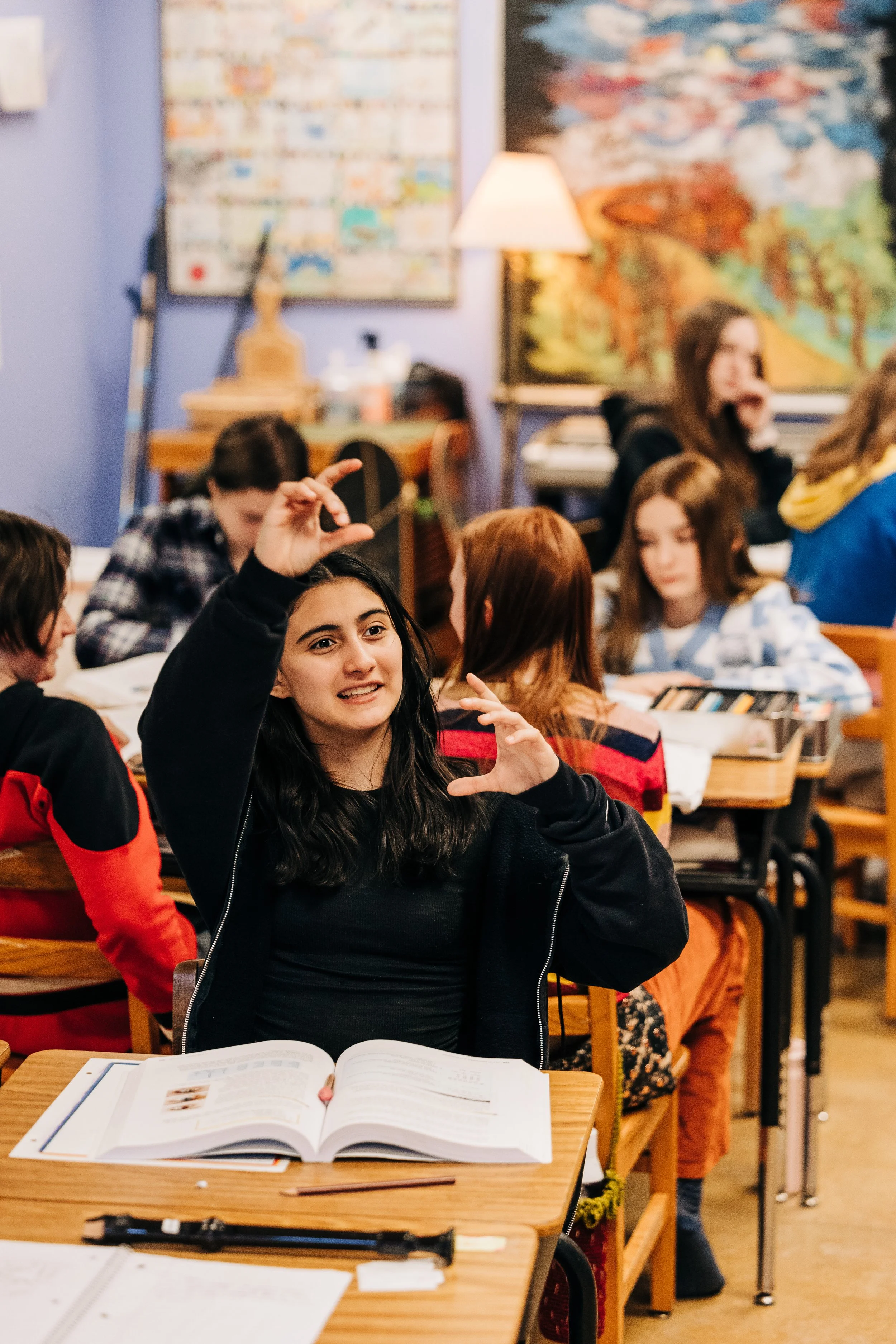
The Long Game: How Waldorf’s Developmental Approach Delivers by 8th Grade
The studies are clear. Waldorf middle school students are significantly more likely to meet or exceed state standards in both ELA and math compared to their peers in local public and other charter schools.


